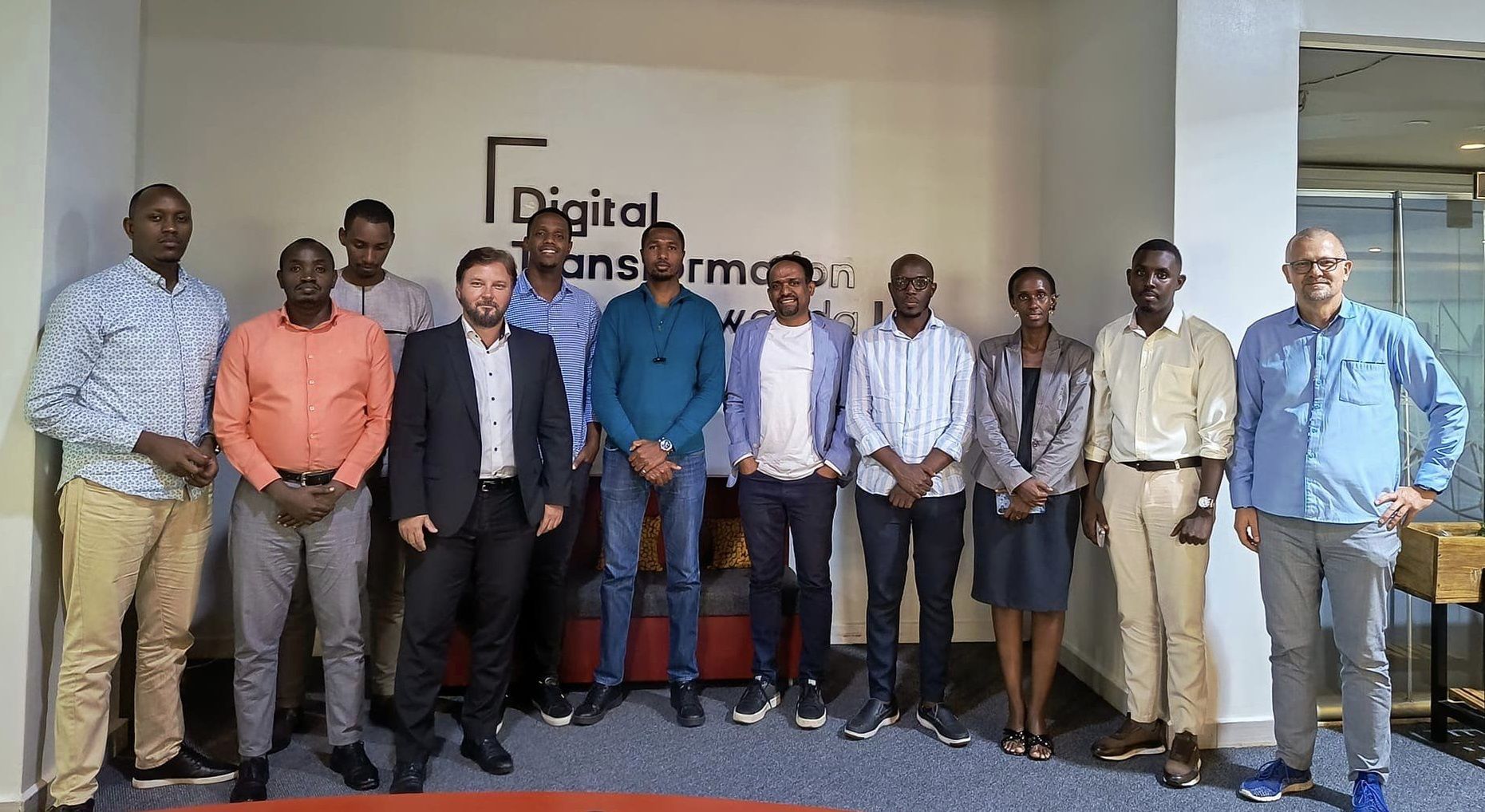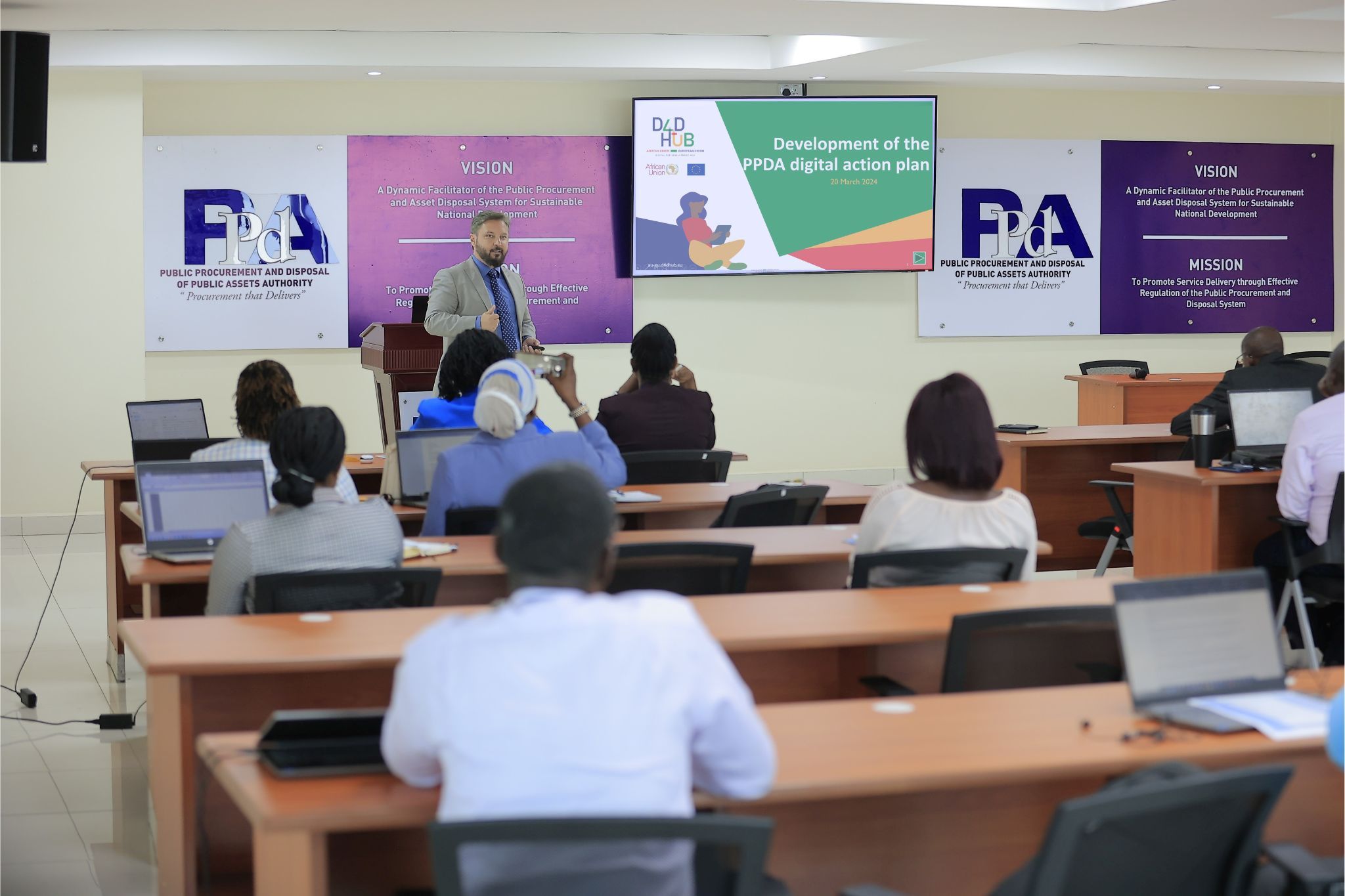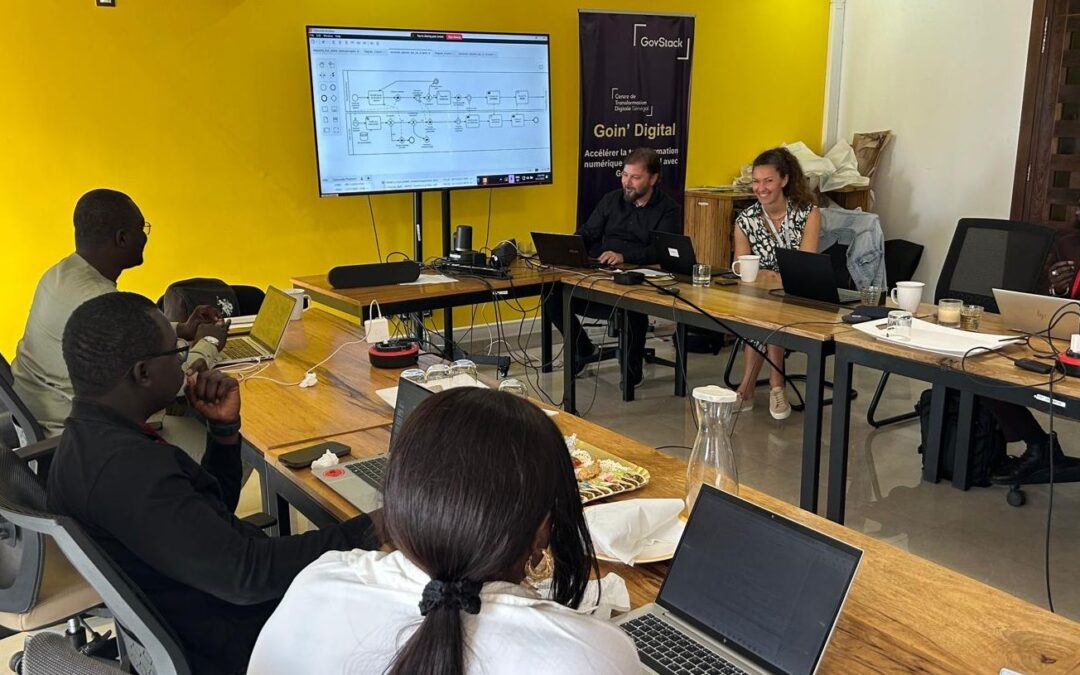It has been six years since I wrote in Today Software Magazine about the potential for Romanian IT companies to support Africa’s digital transformation. At that time, my perspective was shaped by the recent field experiences, the first commercial contract that my company ARXIA had just won in Rwanda, and a conviction that emerging markets would offer the most significant growth opportunities ahead. That conviction has only strengthened.
The Business Landscape: Africa and Latin America
Across Africa and Latin America, digital transformation has moved from aspiration to execution. Governments are accelerating reforms to collect and manage information with greater efficiency, to improve tax revenues, and to deliver e-services to fast-growing, increasingly demanding populations. The private sector is evolving just as quickly: healthcare, education, finance, logistics, and mining are adopting technology at a fast pace, manufacturing is scaling and SMEs are embracing digital tools for commerce and resource management.
Africa in particular is growing with tremendous speed, its countries ranking the top of annual GDP growth, with champions like Rwanda and Ethiopia at 7%, or Senegal at 8.4%. African population stands at 1.5 billion, expected to get to 2.5 in 2035, the youngest population on the globe and the highest concentration of the future global workforce.
Ecosystems are maturing. Local tech hubs are multiplying, investable capital is becoming more available, and technical skills are deepening year by year. For international providers, this creates a market that rewards long-term commitment, cultural fluency, and the ability to deliver outcomes—not just software.

The Path to Opportunity
Entering these markets cannot be taken haphazardly. A deliberate approach pays off:
- Treat each country as unique. There is no single “Africa” or “LATAM” market. Do a PESTEL analysis for each country, do benchmarking analysis, visit, explore, and build a local network before committing. Random reseller hunts rarely work.
- Create a credibility flywheel. Early projects are the hardest because prospects ask, “Who have you worked with here?” Once you deliver locally, references compound and project acquisition costs drop.
- Show up and adapt. Engage personally with clients and partners. Learn the landscape, the institutional structures, the donors and main international partners; learn the specific business etiquette and behavioral expectations; work in the official language where you operate—professional fluency is a differentiator. English, French, Spanish, depending on the place, you need to master them as a native speaker.
- Build with locals. Invest in a local team and/or implementation partners. Trust, responsiveness, and continuity are decisive for winning follow-on work.
- Sell evolution, not just products. Present your offer as a path to improved and evolutionary governance, control, and change management. Keep your promise to guide and support your clients in the long run. Product-only pitches often struggle without a distribution network and a solid local track record.
Above all, success requires openness, adaptability, patience, and grit. Plant flags intentionally and stay for the long run.

Case Study: Applying the Playbook (ARXIA)
ARXIA won its first African tenders in 2019 – after 6 trips and many pro-bono workshops to build trust: starting in Rwanda, a stable, innovation-friendly hub. We, then, expanded experience and networks across Africa and LATAM, travelling as the pandemic allowed. In 2022 we set up our first companies outside Europe, in Uganda and Chile, funding local teams for over a year, until market knowledge began to pay off. We showed up and adapted, built with locals, and treated each country as unique.
Today, Arxia is an example that successful entry into diverse markets, like Africa, requires a deliberate, long-term strategy centered on localization and building trust.
Conclusion
Emerging markets reward those who commit: study each context, invest ahead of revenue, partner locally, deliver in the local language, and sell outcomes that evolve with client needs. The opportunity is large and accessible. For teams ready to learn, adapt, and persist, Africa and Latin America can be engines of sustainable, global growth
Cluj IT will not be liable for any false, inaccurate, inappropriate or incomplete information presented, as the authors are free to choose their approach and relevant topics, within the general guidelines of the newsletter. The opinions expressed by the authors and those providing comments are theirs alone, and do not reflect the opinions of Cluj IT.
Certain links in the articles or comments may lead to external websites. Cluj IT accepts no liability in respect of materials, products or services available on any external website which is not under the control of Cluj IT.





























